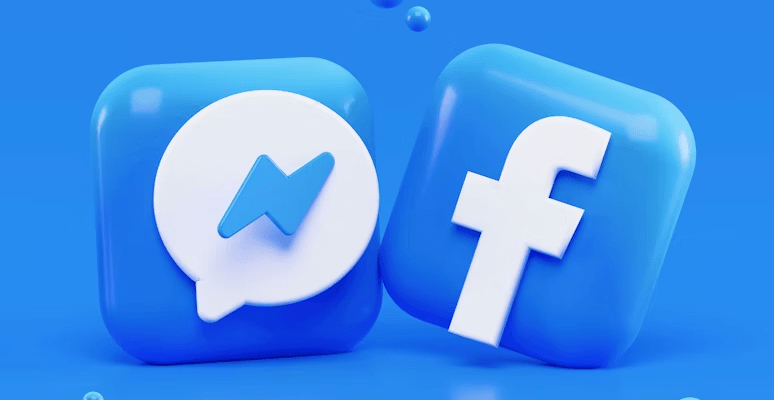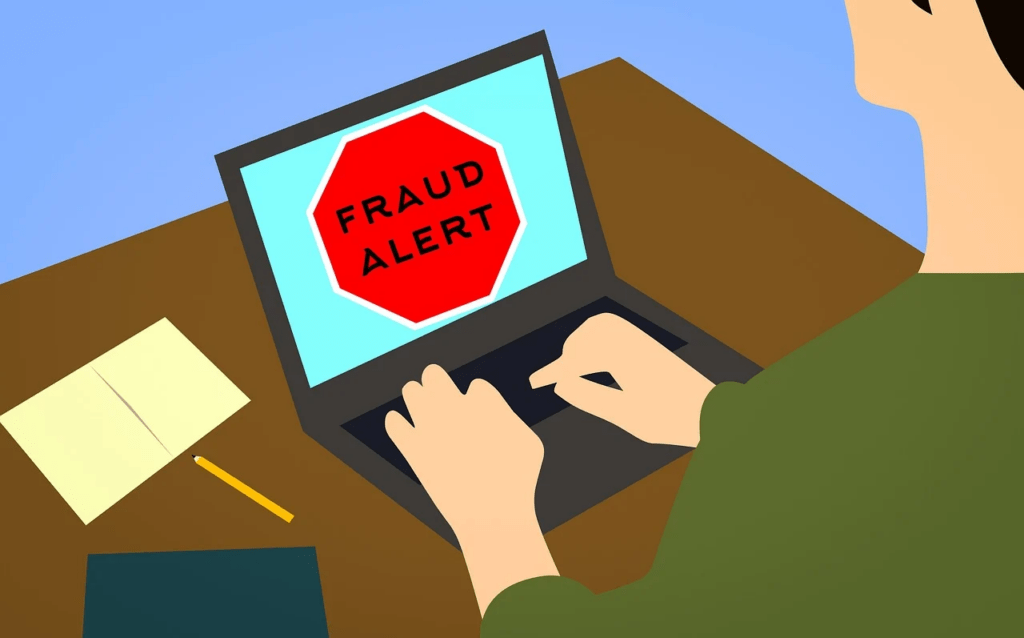
Facebook Marketplace and PayPal have something in common—convenience. While Facebook Marketplace brings e-commerce solutions to a ready audience, PayPal allows buyers to make swift and easy payments on Facebook Marketplace from the comfort of their homes.
Scammers exploit both platforms’ convenience and ease of use to defraud Facebook buyers and sellers using PayPal. Facebook Marketplace PayPal scams come in many formats and schemes, so anybody can fall victim to them if they’re not careful.
In this article, we explore different types of PayPal scams on Facebook Marketplace, ways to prevent them, and solutions for safer savings.
What Do PayPal Scams on Facebook Marketplace Look Like?
PayPal scammers use various tactics to trick Marketplace users—both buyers and sellers—into sending them money. The most common ones include:
- Fake listings
- Overpaying for products
- Phishing schemes

Fake Listings
Fake sellers list non-existent but highly enticing products, services, or rentals, hoping that someone takes an interest and pays for them—and it works. Once they receive the payment, they never deliver the item.
In Mitchell Gaskalntro’s case, he bought a boat motor from a supposedly registered company on Facebook Marketplace. He paid close to $5,000 for the item via PayPal after making some inquiries about it from the seller.
Thinking he had done his due diligence, he requested an update on the company’s shipping timelines, only for them to request an extra $3,000 plus an insurance fee before they ship the boat motor. This was when he realized he had fallen victim to scammers.
Overpaying for Products
Fake buyers offer to pay in full for a listed item, even without inspecting it physically—an uncommon practice among real buyers. Once they receive your PayPal information for payment, they send you a spoofed PayPal email. This email contains a fake confirmation message that reveals the buyer sent more than the required payment.
The buyer contacts you with another fake receipt as proof of overpayment and then requests a refund of the excess payment to their PayPal account. The scam is that they never actually paid any money and are not interested in your product. It was all a ploy to obtain money from you while your guard was down.
Phishing Schemes
Phishing schemes are engineered to make you believe you’re familiar with the person you’re communicating with. Scammers may pose as friends, family, or representatives from organizations you know, such as PayPal, to gain your trust and trick you into sending them money.
Once they can convince you, they either ask you to transfer funds to them and then disappear or collect your financial details and hack your account.
How To Protect Yourself Against PayPal Facebook Marketplace Scams
If you buy or sell on Facebook Marketplace, use the following practices to avoid falling victim to PayPal scammers:
- Don’t be too trusting—Never assume that buyers or sellers are legitimate, and always be on the lookout for scam tactics. If the payment process seems too rushed or complicated, it’s likely a scam
- Enable security settings—Activate multi-factor authentication on your PayPal and Facebook accounts to prevent unauthorized access to your account
- Be cautious of unsolicited emails and links—Always verify links and email addresses to be sure they truly come from PayPal. Never click a link you’re unsure about
- Don’t store large sums in your PayPal wallet or savings account—If scammers manage to breach your PayPal account, they could use your financial information to access your major savings account and drain it. Store larger savings in a more secure digital storage platform like FortKnox to keep them safe




